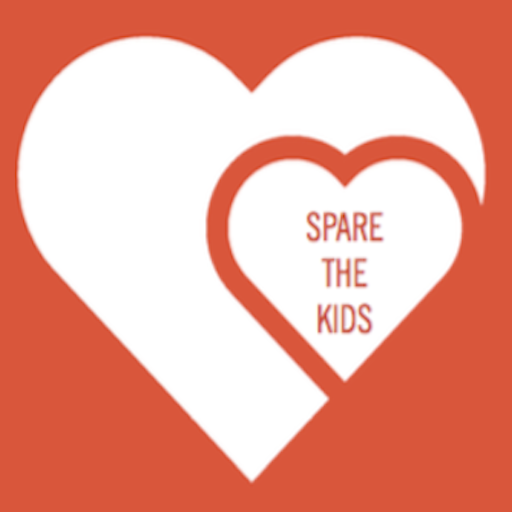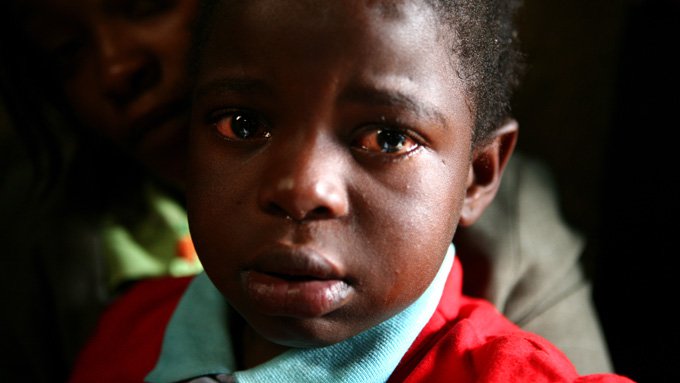Abuse, neglect, and separation from important people in their lives can have profound effects on children placed in foster care. Like adults, children undergo stages of transition when their lives have been changed, particularly against their will. It is often difficult for foster children to adjust to a new home with new people and new rules and to be subjected to supervised visits with their parents.
Children react to these new changes in a variety of ways and most typically express their feelings through behavior, not with words. Some create problems or act out while others withdraw from the people around them. Still other children react by being model children. Although these outward behaviors are very different, children feel many of the same things when they are placed outside of their homes. They may feel confused about why they have been separated from their families, and upset about what happened to them. Some children feel angry, fearful, and powerless. Each child works through the process of grieving and separation at their own pace. This process may seem to move forward but then stall; it may take days, weeks, or even years.
This workshop is designed to help social workers, supervised visitation professionals, court appointed special advocates, counselors and other direct care providers understand the stages or phases of grief and ways that children may act during these stages. Through interactive exercises and discussions participants will learn how to identify and appropriately document the behaviors that children demonstrate as they move through stages of grief and loss and develop strategies on how to respond not only to the behaviors but also the emotions behind the behaviors.



Recent Comments